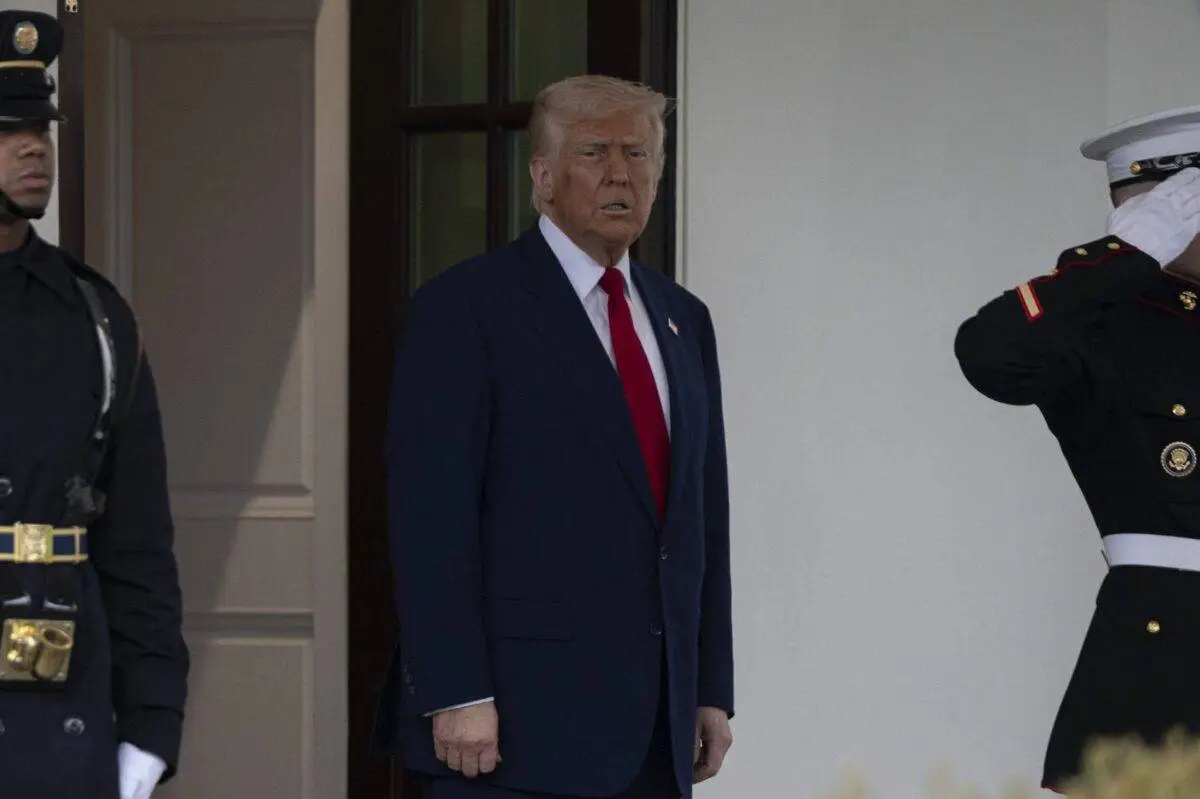In a bold attempt to reshape the ongoing conflict in Gaza, former President Donald Trump has proposed an extensive plan aimed at fostering peace and stability in the region. This proposal, however, has raised eyebrows among various political analysts and observers due to its controversial nature.
Trump’s plan seeks to uproot the Palestinian presence in Gaza, a move that many view as not just drastic but also potentially inflammatory. Critics argue that such an approach could exacerbate tensions rather than alleviate them.
The essence of Trump’s proposal involves a significant reallocation of land and resources, suggesting that the Palestinian population be relocated to other territories. This part of the plan has been met with widespread disapproval, as it threatens the long-standing identity and rights of the Palestinians in Gaza.
Political commentator Sarah Johnson remarked, “This plan does not consider the historical and emotional ties that Palestinians have to their land.” Such sentiments echo a broader concern that any forced displacement could lead to further conflict, rather than the peace Trump envisions.
Moreover, Trump’s plan outlines potential economic incentives for Palestinians to accept relocation. These incentives include financial packages aimed at fostering new opportunities elsewhere.
However, many experts question the feasibility of these proposals, suggesting that economic incentives are unlikely to replace the deep-rooted connection individuals have to their homes. “No amount of money can compensate for the loss of a homeland,” noted historian Dr. David Rosen, highlighting the emotional weight tied to land ownership and residency.
Additionally, the geopolitical implications of this plan cannot be ignored. The international community, particularly Middle Eastern nations, has expressed concern regarding the potential destabilization that could arise from such actions.
Trump’s approach, which some label as a form of ethnic cleansing, risks igniting further violence in an already volatile region. The lack of dialogue with Palestinian leaders and neighboring countries raises questions about the plan’s viability and the sincerity of the call for peace.














